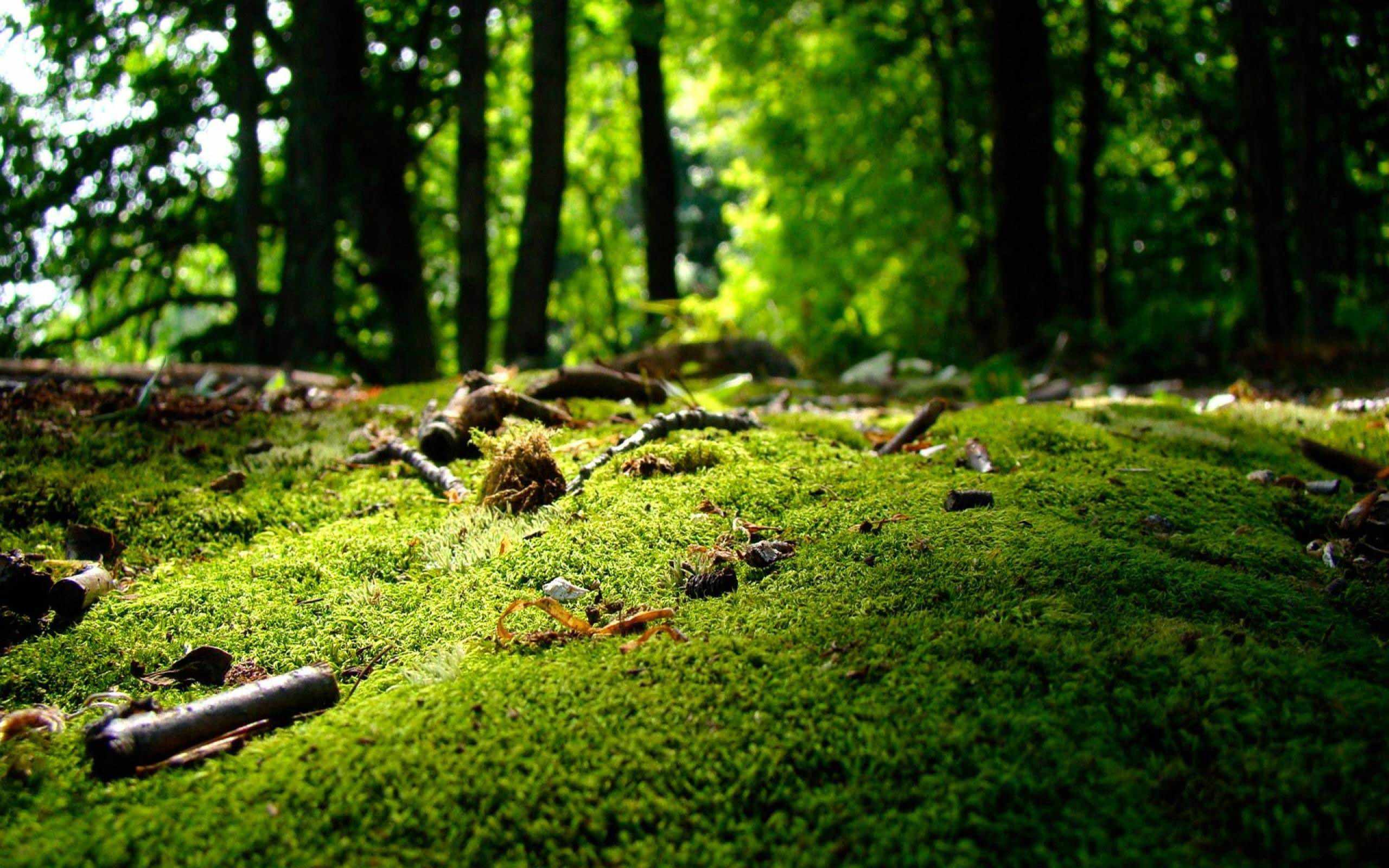Author:
Green Steps
Short summary:
Natural disasters are not just crises, but also opportunities from which we can draw strength. How can we turn September's floods into something positive? Showing joint responsibility for our living spaces by getting young people involved in the clean-up work during lessons is one way of many.

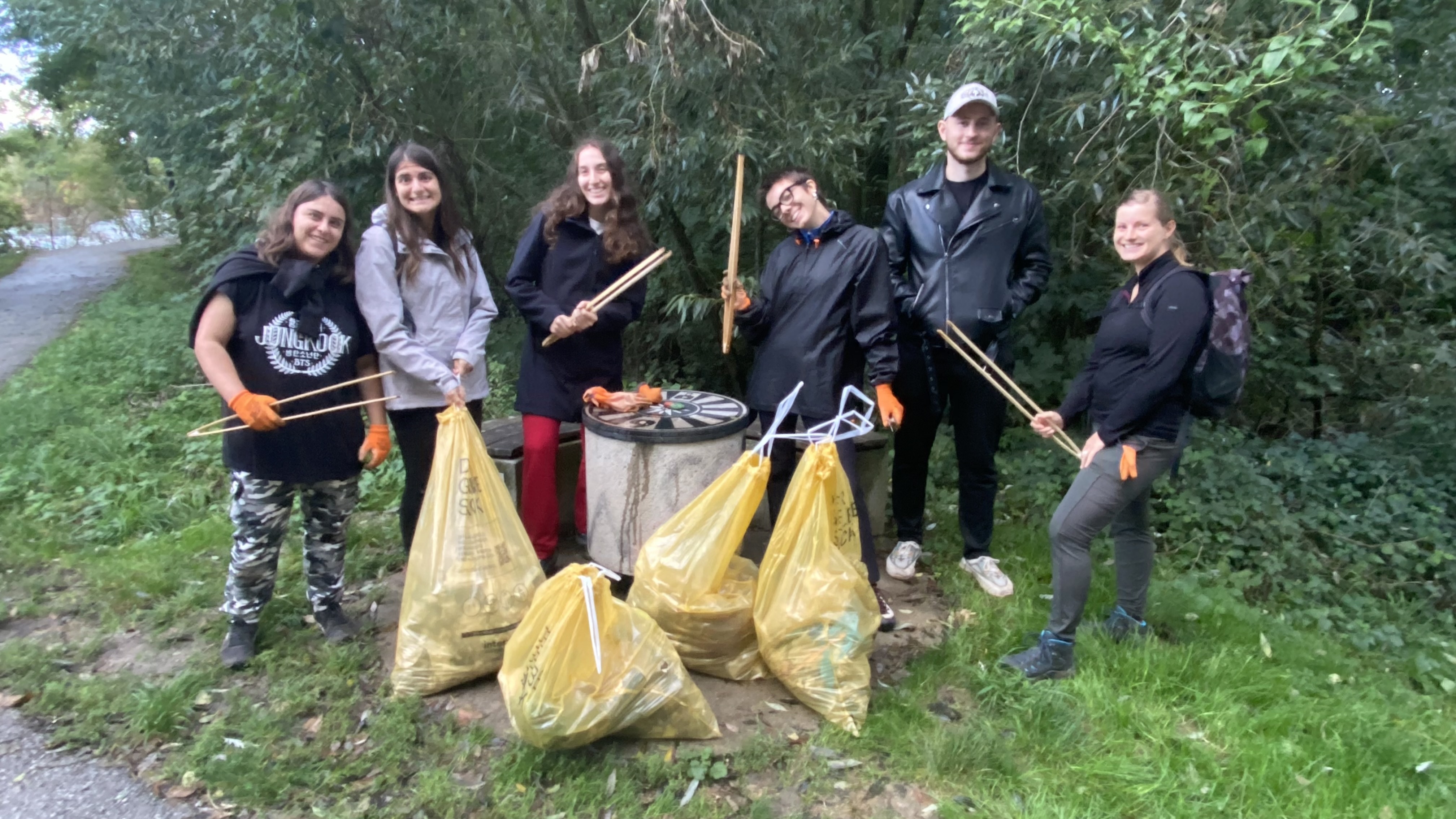
A Chinese proverb is 因祸得福 and means “a blessing in disguise”: a blessing in the guise of a curse. Often it is not only the extent to which we are affected but above all the perspective on events that is the key to categorizing them positively or negatively.
There is no doubt that many households and businesses were hit hard by the climate change-related floods in September. Many families have lost their homes and even if they are well insured, they have a hard time restructuring their lives. I wish them a lot of strength and confidence.
However, if we ignore the fates of individuals and try to learn lessons from the floods that hit eastern Austria, the Czech Republic and Poland, then we can gain something positive from the natural disaster. If we perceive it as an opportunity to learn about our ecosystems and their behavior in times of climate change and open ourselves up to joint, meaningful action - especially in the education system - then it can manifest itself as a blessing.
What struck me most in the past few days was not the descriptions of individual cases of flood damage - as dramatic as these are in some cases - but the resistance of the education system and the people within it to react to a natural disaster of this magnitude. Except for two days of permitted absence from lessons to excuse flood-related travel problems, there is no reaction to an event of this magnitude at my school and, as far as I can tell, at all schools in Lower Austria. We act as if nothing has happened and carry on teaching with yesterday's logic. That is the real danger we have to face, not the storms and their consequences.
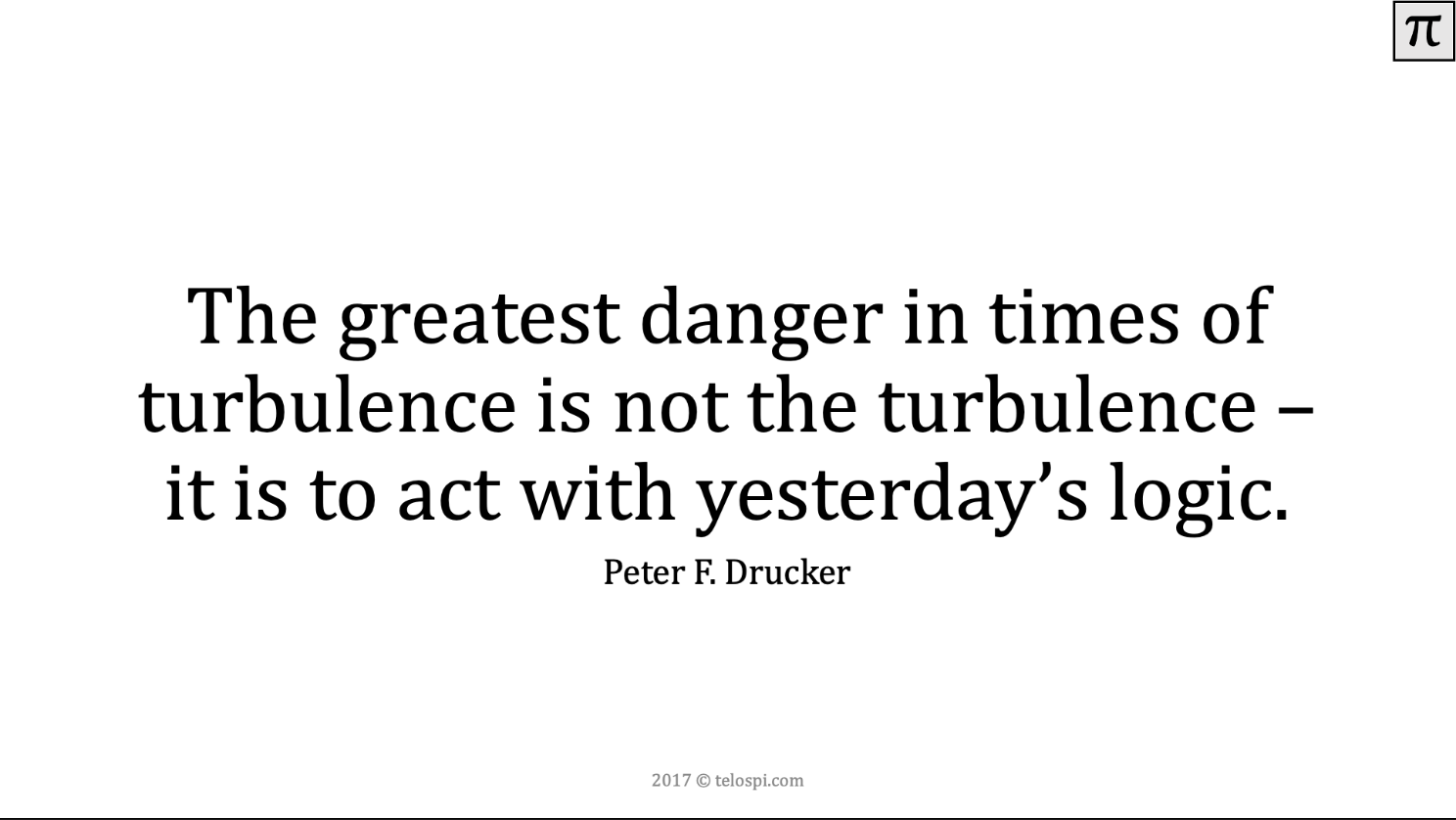
What would I do if I were a head teacher or education director?
As Director of Education, the extent of the natural disasters makes it imperative to convene a crisis meeting with the Head of the Pedagogical Service and all heads of department of the educational districts to discuss the response of the education system. My suggestion to this committee is that all head teachers agree to involve pupils in meaningful project work to repair the damage caused by the floods.
As principal, I would convene a crisis meeting with all teachers in the week after the flood, i.e. sometime between September 16 and 20, and discuss the school's response to the natural disaster. What happened in the immediate vicinity of the school? Which families are affected? What meaningful involvement of students in the cleanup is there? How can the event be turned into a learning experience that strengthens the school community?
The lack of these crisis meetings, the lack of an open discussion about the event and about ways to deal with it in a way that allows us as a society to emerge from the crisis stronger, can be explained by the rigid organizational structure in the education system in particular and shows how extremely disconnected it is from the reality “outside”. Resilient organizations are dynamic and can adapt better to external influences than resistant organizations that allow their members to freeze in steep hierarchies. Resilient organizations are decentralized in their decision-making and project implementation and allow for local autonomy. Resilient organizations are centrally organized and prevent local autonomy. Resilient organizations are characterized by trust between the actors and so-called “actualization hierarchies”. Resistant organizations are characterized by mistrust and supervisory authorities that manifest themselves as “domination hierarchies”.
The education system in this country undermines people's instinct to think and act in a solution-oriented and strategic way. It encourages tactical maneuvering within a narrowly defined framework that feels like a straitjacket in which the forces of youth are to be controlled and tamed due to liability issues, performance assessments, and supervisory duties. But what if we used these forces in a structured way for a good and safe life?
As Plastic Pirates clean rivers after floods
The Green Steps volunteers met yesterday under the motto “after the flood and before the election” for the monthly landscape clean-up at the Seedose on Lake Viehofner See. From there we hiked for three hours with gloves and plastic bags first south to the wooden bridge and then back north to the Kiwanis Bridge (the target area is marked in green on the map below). We were able to bring in 45 kg of “loot” and collect valuable information about waste distribution and destruction.
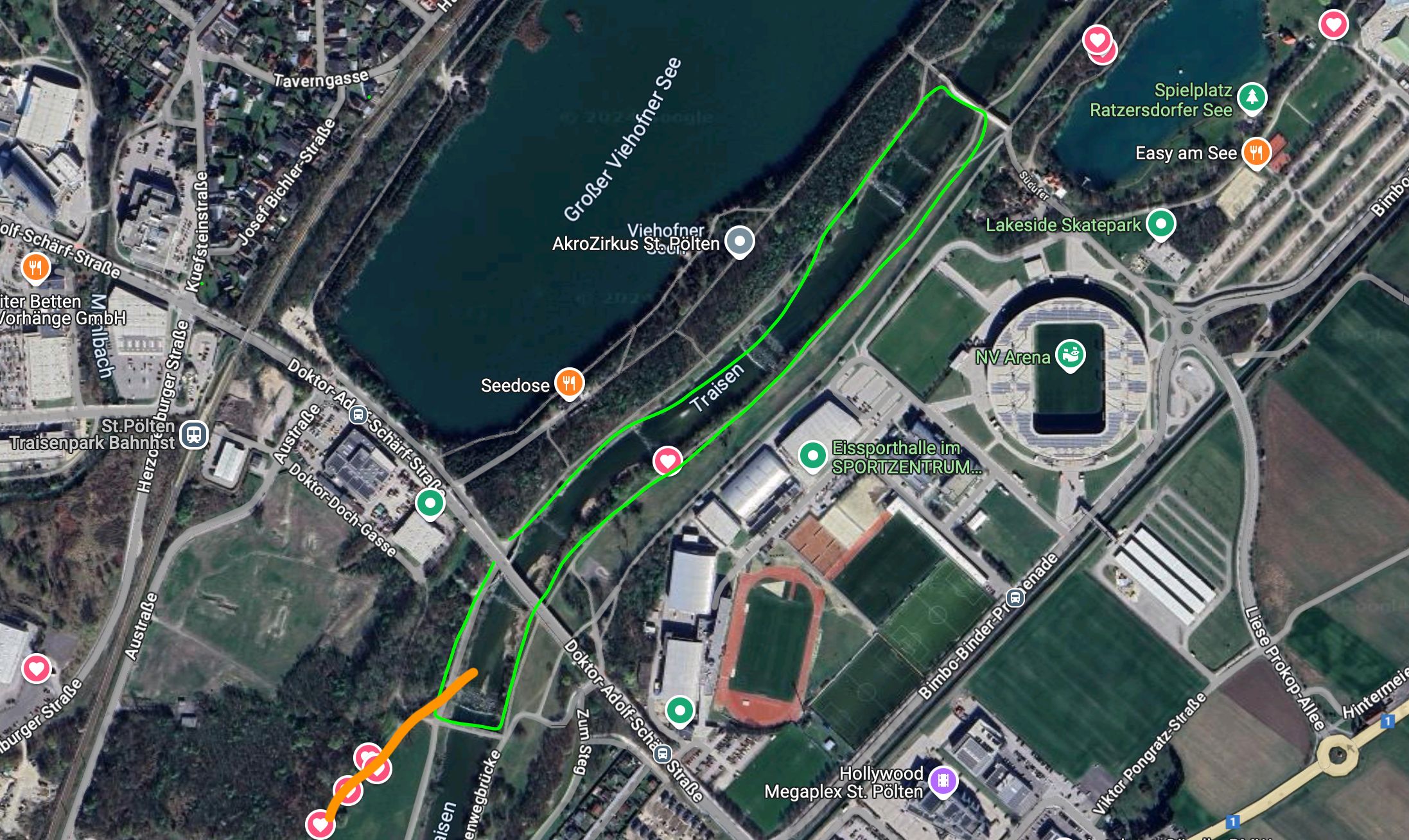
In this event - which always lasts around three hours - we followed the tried and tested format of Plastic Pirates, i.e. a short introduction at the meeting point is followed by around 1-1.5 hours of waste collection. This is weighed, sorted, and then handed over to the recycling center. Finally, there is a sharing round in which everyone can share their impressions and the opportunity to watch the 22-minute documentary “Plastic Ocean” to learn what the waste that ends up in the oceans via our rivers is doing there.
Yesterday we stopped sorting because the waste we collected had a different composition than usual and was very smelly. Normally we follow the local waste sorting regulations and make a pile with plastic, one with metal, and one with residual waste. But yesterday we had to bring in a lot of flotsam and jetsam, which consisted of polystyrene and hygiene articles. The reason for this is instructive: the orange marker on the map above shows the last section of the overflow channel of the municipal sewage system. This is normally dry but fills up once a year in spring and empties everything that gets into the toilets of households in St. Pölten directly and untreated into the Traisen. The canal was a stormy stream during the floods of September 15-17 and is still carrying water - i.e. wastewater with the corresponding content. The contents of our toilets can therefore be found below the canal on the banks of the Traisen and, if not there, end up in the Danube and at some point in the reed belt of the Danube Delta in Romania.
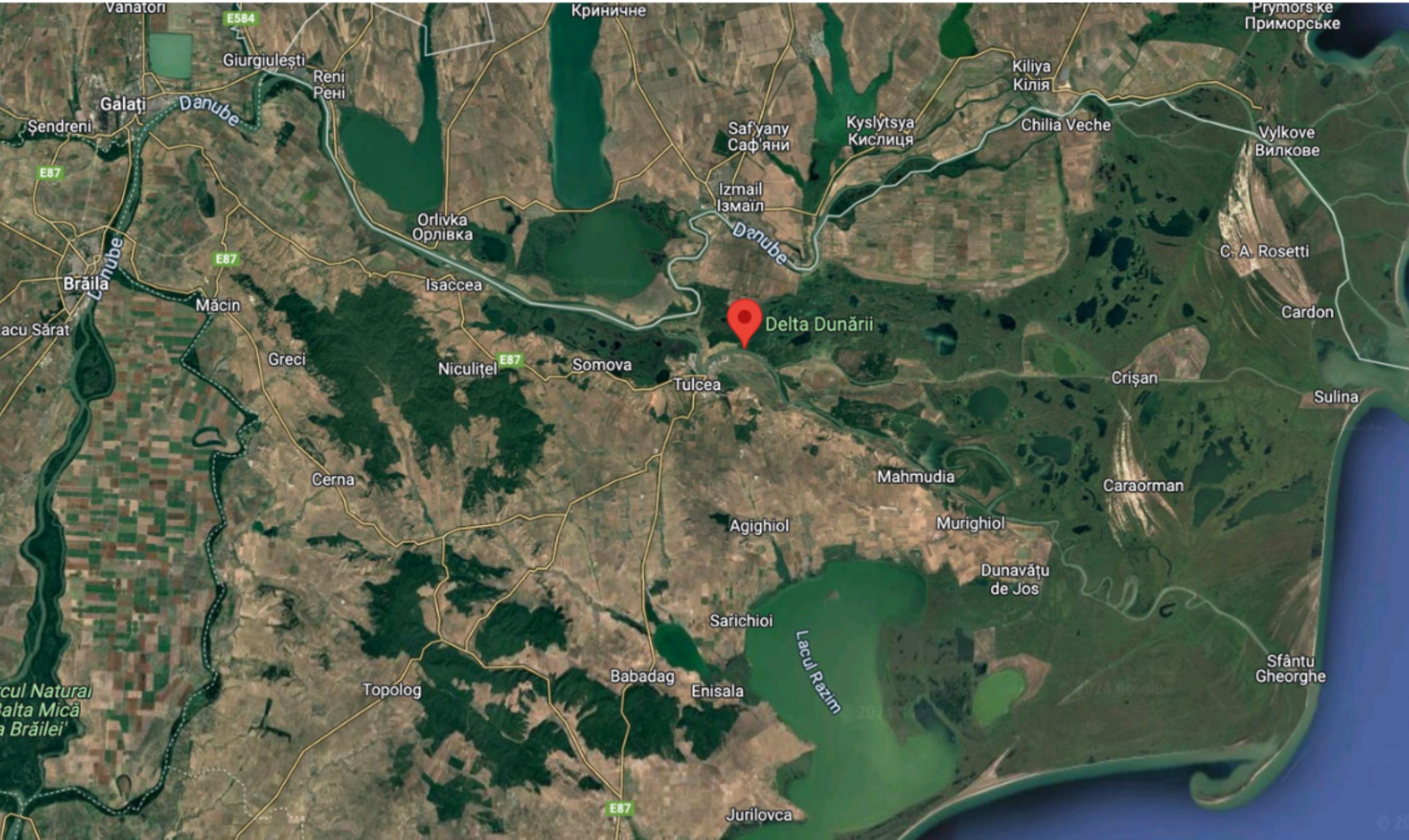
The impact of crisis meetings and the initiation of educational campaigns such as Plastic Pirates by education authorities and school administrators can be enormous: in Lower Austria alone, the education system comprises 1158 schools with over 200,000 pupils and around 23,000 teachers. There is no doubt that teachers are key people in bringing about change in society, but it is precisely this profession that is severely hindered from taking action by organizational conditions.
What if every school class in Lower Austria defined a section of a river as a target area and spent a day (or more, if necessary) removing the garbage that has washed up there? We would remove a large part of the pollution in a very short time. The students would learn about the water bodies in their home country in a practical way. They would understand why the flooding occurred and how we need to adapt to prevent further flooding, or at least literally mitigate its effects.
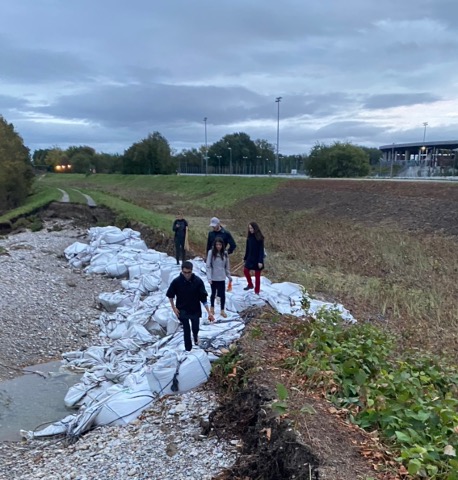
Leaving the classroom and extending it to our living spaces is an essential change in our education system that we must implement as quickly as possible. If we fail to do so, the education authorities and school leaders are guilty of failing to take the steps that could protect us from worse consequences. The fact that these steps are not easy to take, and why the education system does not allow them, can be explained as Prisoner's Dilemma, from which a way out must be sought right now.
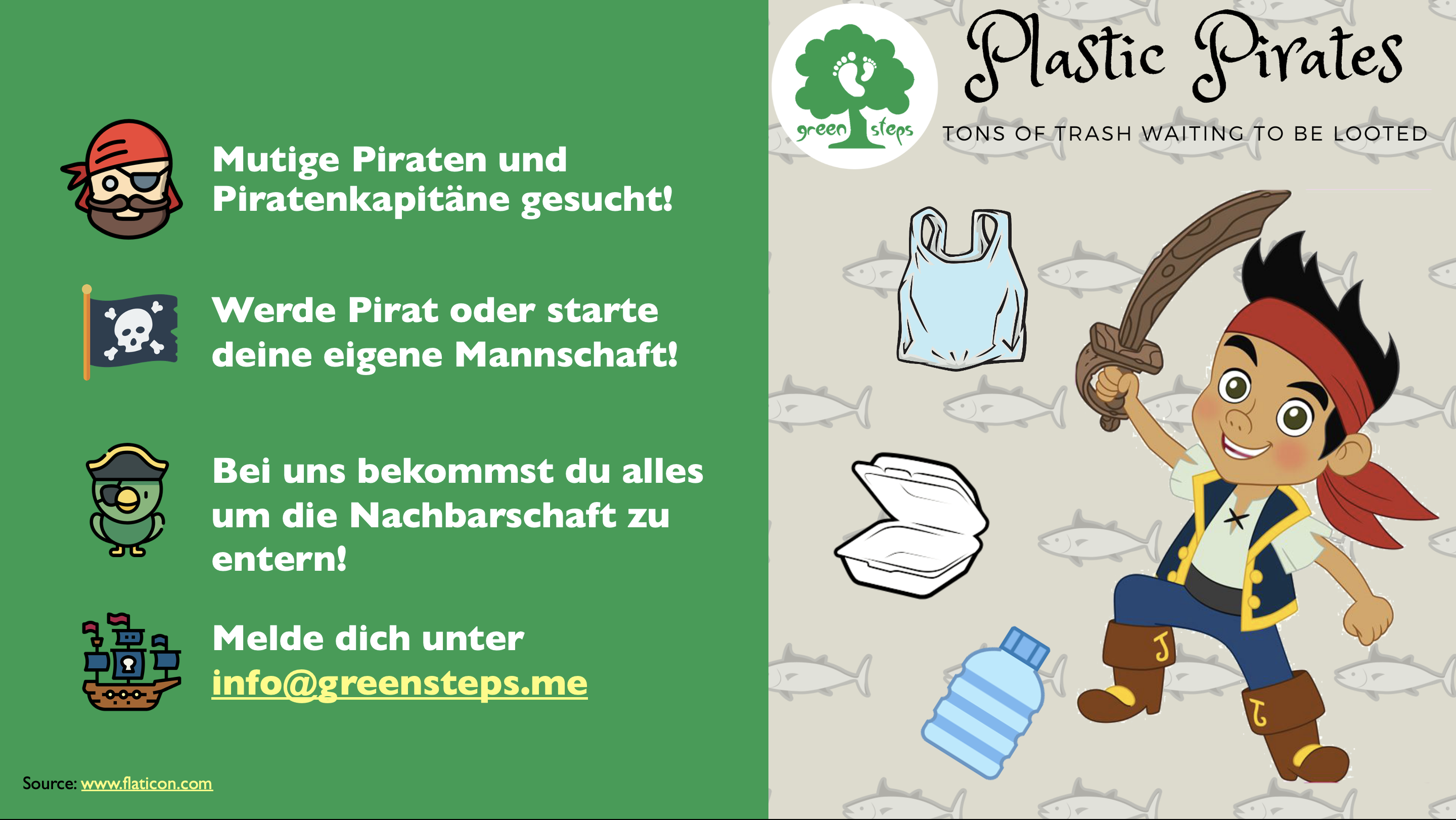
Become Plastic Pirate / start a group:
• How to document the collected waste: https://youtu.be/ZScUXD1QGV0
• The template: https://ark.greensteps.me/library/plastic-pirates-6aed9
• Set up a Plastic Pirates group: https://ark.greensteps.me/communities
• Contact us on Whatsapp: https://chat.whatsapp.com/Lqc3gMYykWzDZcCwZKGYgd
Read more:
• https://www.researchgate.net/publication/379669944_Scaling_Place-Based_Education_Through_a_Networked_Game
• https://www.researchgate.net/publication/358395949_On_Education_Crisis_and_Prisoner's_Dilemma
• https://www.researchgate.net/publication/367531257_The_Human_Being_as_Ecosystem_Service_Provider
• https://www.researchgate.net/publication/362381735_On_the_Value_and_the_Management_of_Commons
• https://www.greensteps.me/library/plastic-pirates-urban-planning-and-behavioral-architecture.php
For more information watch the video:
https://www.youtube.com/watch?v=4_m3HsaNwOE&list=PLhW3qG5bs-L9sJKoT1LC5grGT77sfW0Z8&index=1
Subscribe to our newsletter:
• https://www.greensteps.me/membership.php




